Get A Quote : +233 (55) 302 0080
-
-
Email Address : info@orangeadvisorygh.com
-
Woking Hours : 0800hrs - 1700hrs

Get A Quote : +233 (55) 302 0080
Email Address : info@orangeadvisorygh.com
Woking Hours : 0800hrs - 1700hrs

To operate legally and avoid penalties, businesses in Ghana must adhere to several mandatory compliance requirements across taxation, corporate governance, and financial reporting. Here’s a detailed overview:
Tax Compliance
- Every business is required to register for a Taxpayer Identification Number (TIN) and obtain a Value Added Tax (VAT) certificate if applicable.
- Corporate Income Tax: Returns must be filed annually, within four months after the end of the financial year.
- Personal Income Tax (for Employers): PAYE deductions must be submitted monthly by the 15th of the following month.
- VAT Returns: VAT-registered businesses must file monthly VAT returns by the 15th of the following month.
- Withholding tax on payments for services, rent, and other specified transactions must be remitted to the GRA within 15 days of the month following the transaction.
- Multinational companies must submit annual transfer pricing reports detailing intra-group transactions to ensure compliance with arm’s length principles.
Social Security Contributions
- Employers must register with the Social Security and National Insurance Trust (SSNIT) and contribute 13.5% of employees’ gross salaries (5.5% from employees and 8% from employers).
- Contributions must be paid to SSNIT by the 14th of the following month.
Corporate Governance and Reporting
- Businesses must file annual returns and renew their business registration certificates. Failure to comply may result in penalties or deregistration.
- Companies must prepare audited financial statements and submit them annually to the GRA and RGD.
- Registered companies are required to hold regular board meetings and keep accurate records of minutes.
Other Mandatory Compliance Obligations
- Businesses handling personal data must register with Ghana’s Data Protection Commission and comply with data protection regulations.
- Businesses in regulated industries (e.g., banking, insurance, and mining) must obtain and renew relevant licences from regulatory authorities.
- Companies in industries impacting the environment must secure permits from the Environmental Protection Agency (EPA).
Key Takeaways for Businesses